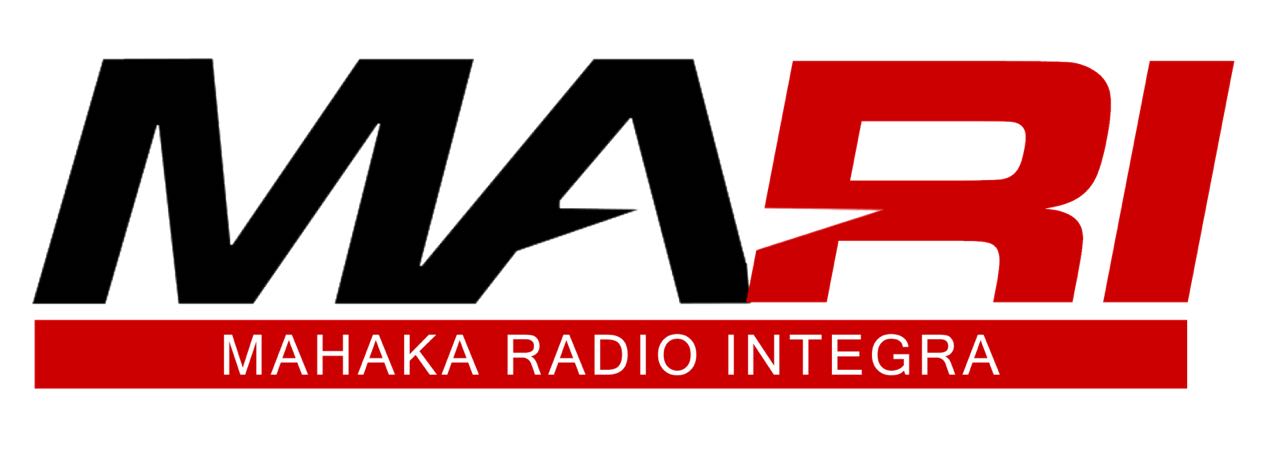BAGAIMANA REAKSI INVESTOR TERHADAP CORPORATE SOSIAL DISCLOSURE (CSD)? (Studi pada Perusahaan Pemenang Indonesia Most Trusted Companies Award)
Abstract
Keywords: CSD, CFP, CSR, CSR Motive
Full Text:
PDFReferences
Breliastiti, Ririn, dkk (2014). Pengaruh Motif CSR terhadap Kegiatan CSR dan Dampaknya terhadap Kinerja Keuangan Perusahaan Pertambangan di Indonesia. Jurnal Akuntansi dan Bisnis. Universitas Bunda Mulia.
Chen, J. C., Patten, D. M., & Roberts, R. W. (2008). Corporate Charitable Contributions: A Corporate Social Performance or Legitimacy Strategy? Journal of Business Ethics, 82 (1), 131-144.
Deegan, C., Rankin, C., & Tobin, J. (2002). An Examination of The Corporate Social and Environmental Disclosures BHP from1983–1997: A Test of Legitimacy Theory. Accounting, Auditing & Accountability Journal, 15 (3), 312-343.
Deegan, C., Rankin, M., & Voght, P. (2000). Firms Disclosure Reactions to Major Social Incidents: Australian Evidence.Accounting Forum, 24 (1), 101-130.
Ghozali, Imam. (2013). Aplikasi Analisis Multivariate dengan Program IBM SPSS 21 Update PLS Regresi. Badan Penerbit Universitas Diponegoro. Semarang.
Graafland, Johan (2012), Motive For Social Responsibility,De Economist Volume 160, issue 4 p.377-396.
Gray, R., Owen, D., & Adams, C. (1996). Accounting and Accountability: Social and Environmental Accounting in a Changing World. Hemel Hempstead: Prentice-Hall.
Gunawan, Juniati, Djajadikerta, Hadrian, & Smith, Malcolm. (2009). an Examination of Corporate Social Disclosures in the Annual Reports of Indonesian Listed Companies.
Isnalita & I Made Narsa. (2017) CSR Disclosure, Customer Loyalty, and Firm Values (Study at Mining Company Listed in Indonesia Stock Exchange).Asian Journal of Accounting Research Vol. 2 Issue: 2, pp.8-14, https://doi.org/10.1108/AJAR-2017-02-02-B002
Jogiyanto, (2014), Teori Portofolio dan Analisis Investasi, Yogyakarta: BPFE-UGM
Khan, A., Muttakin, M. B., & Siddiqui, J. (2013). Corporate Governance and Corporate Social Responsibility Disclosure: Evidence from an Emerging Economy. Journal of Business Ethics, 114, 207-223.
Khlif, H., Guidara, A., & Souissi, M. (2015). Corporate Social and Environmental Disclosure and Corporate Performance. Journal of Accounting in Emerging Economies, 5 (1), 51-69.
Lantos, Geoffrey P. (2001). The Ethicality of Altruistic Corporate Social Responsibility. Stonehill College.
Legiman, Fachreza Muhammad, et al.,(2015), Faktor-faktor yang mempengaruhi return saham pada perusahaan agroindustry yang terdaftar di Bursa Efek Indonesia periode 2009-2012,Jurnal EMBA, vol.3 No.3.
Pratiwi, Devica. (2015). Pengaruh Biaya Corporate Social Responsibility (CSR Cost) Berdasarkan Motif Keuangan, Motif Etika, dan Motif Altruistik Terhadap Corporate Social Performance. Jurnal Akuntansi dan Bisnis. Universitas Bunda Mulia.
Raar, J. (2002). Environmental Initiative: towards triple bottom line reporting.Corporate Communication, An International Journal, 7 (3), 166-83.
Radyati, M. R. (2014). Sustainable Business dan Corporate Social Responsibility (CSR). Jakarta: CECT Trisakti University Indonesia.
Waddock, S. A., & Graves, S. B. (1997). The Corporate Social Performance - Financial Performance Link. Strategic Management Journal, 18 (4), 303-319.
Wang, K. T., & Li, D. (2016). Market Reactions to the First-Time Disclosure of Corporate Social Responsibility Reports: Evidence from China. Journal of Business Ethics, 138, 661-682.
DOI: http://dx.doi.org/10.30813/ncci.v0i0.1314
Refbacks
- There are currently no refbacks.










